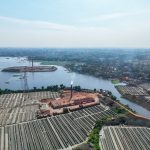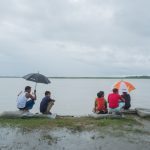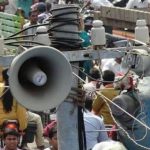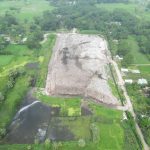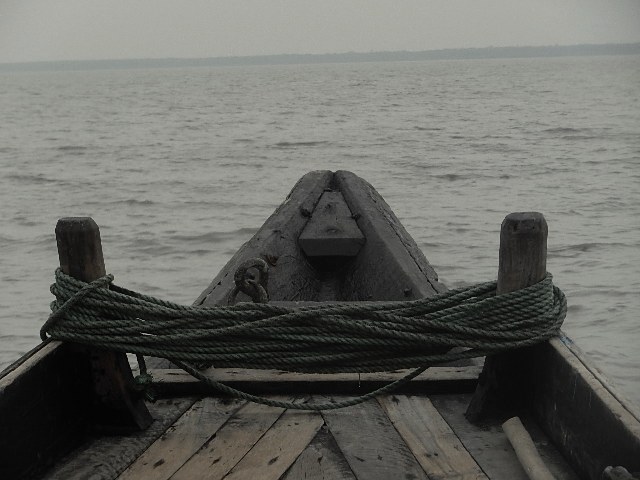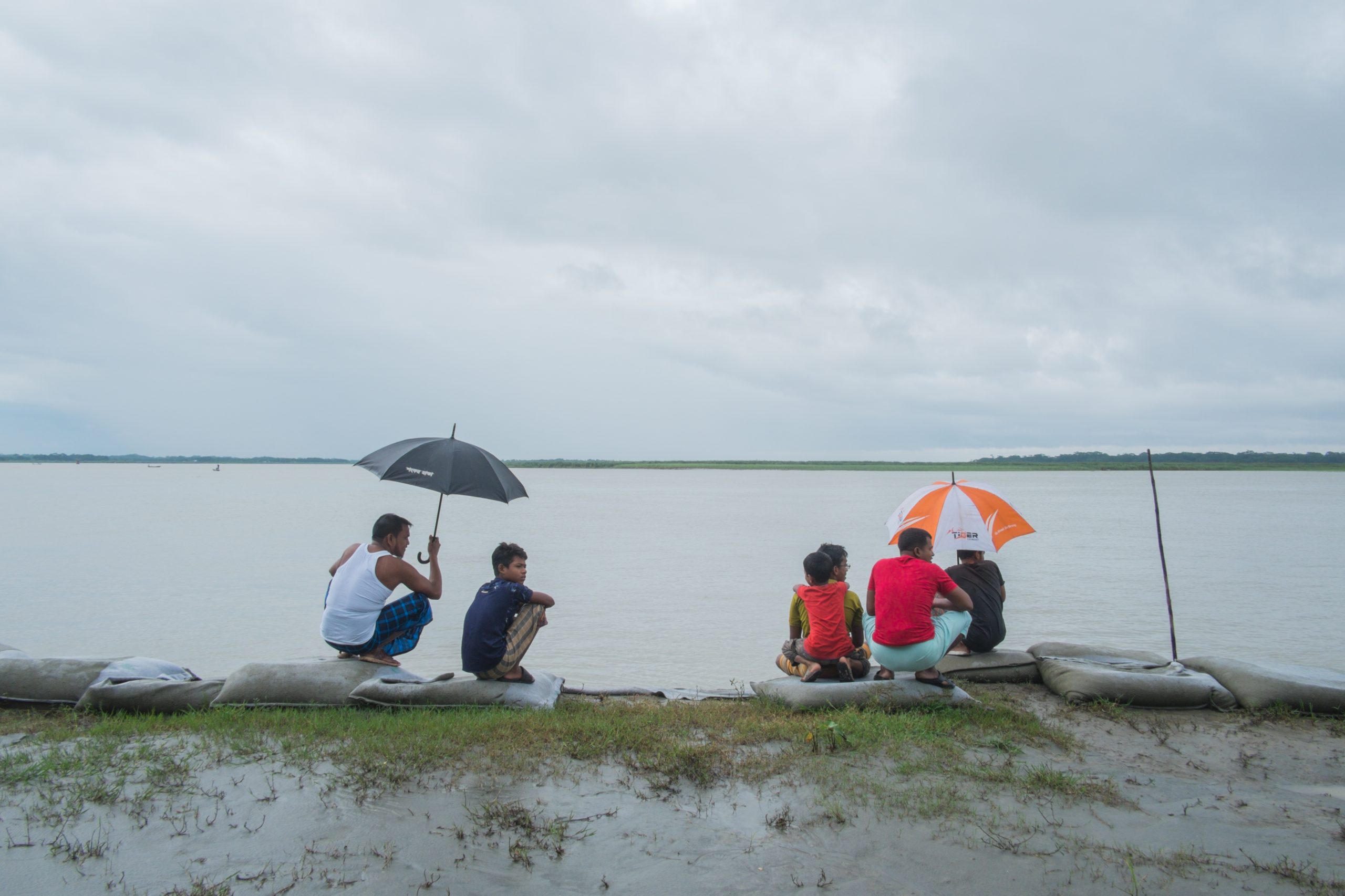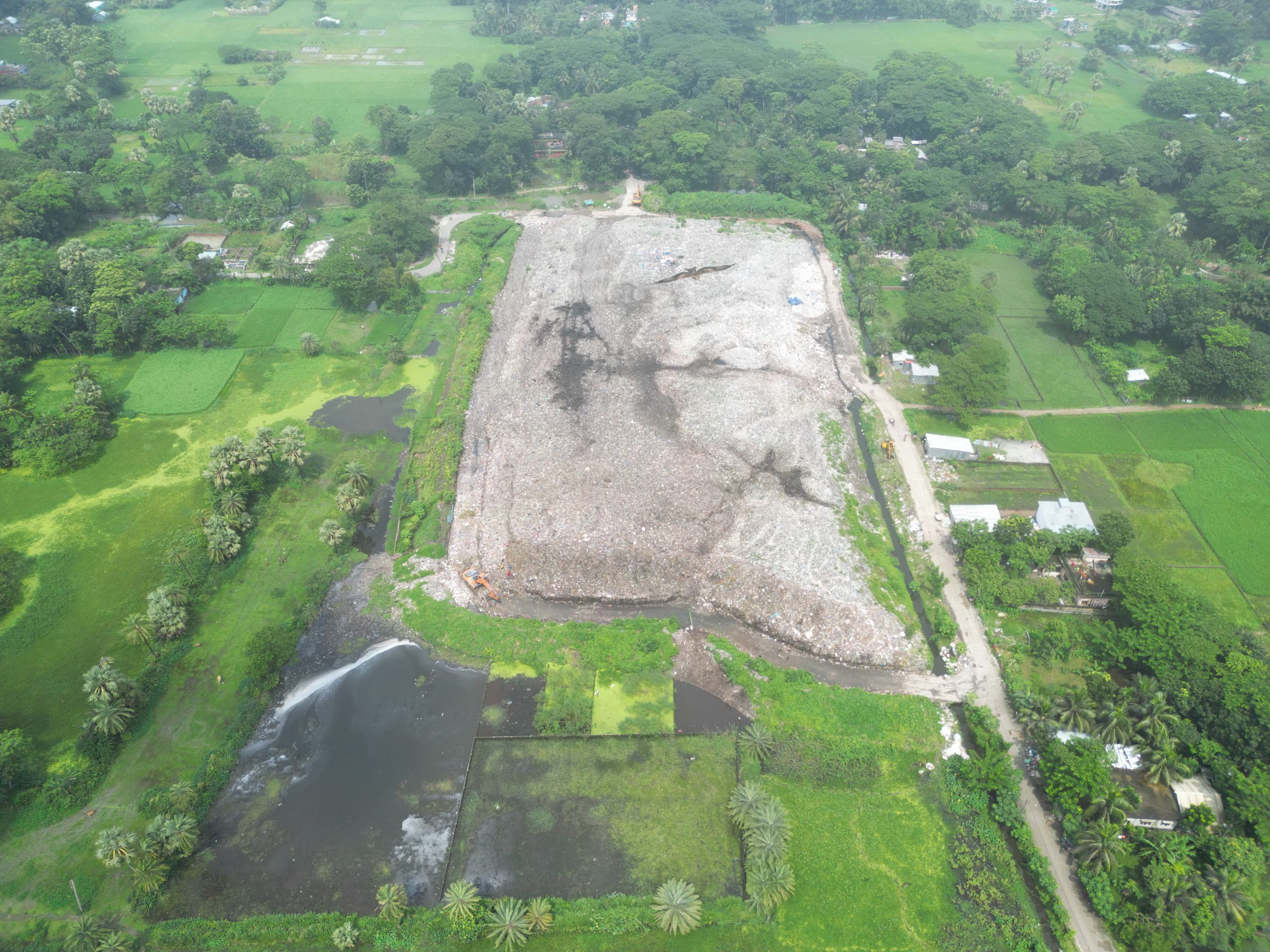Dhaka, March 30 – As Bangladesh pushes for economic growth, its dependence on fossil fuels continues to rise, sparking concerns about environmental degradation and energy security. While the country has taken strides in renewable energy, coal and natural gas remain dominant, fueling both development and climate vulnerability.
A Nation Dependent on Fossil Fuels
From the industrial hubs of Narayanganj to the power-hungry megacity of Dhaka, fossil fuels drive Bangladesh’s economy. Over 90% of the country’s electricity is generated from gas, coal, and oil, with a significant portion imported. The government has recently expanded coal-based power plants, citing the need for stable and affordable energy.
For 42-year-old rickshaw driver Abdur Rahman, the rising cost of fuel has made life harder. “When petrol prices go up, transport fares rise too. People hesitate to take rickshaws, and my earnings suffer,” he explains. Like him, millions of low-income workers feel the burden of Bangladesh’s fossil fuel reliance.
The Environmental Toll
The cost isn’t just economic. The expansion of fossil fuel projects has led to increasing air pollution, deforestation, and carbon emissions. In Rampal, near the Sundarbans—the world’s largest mangrove forest—a controversial coal power plant has raised alarms among environmentalists.
“Burning coal so close to an ecological treasure is a disaster in the making,” warns climate activist Nusrat Jahan. “The Sundarbans act as a natural shield against cyclones. If we lose it, millions of coastal people will be at risk.”
A Renewable Energy Future?
Despite the challenges, Bangladesh is making progress in renewable energy. The country is a global leader in solar home systems, with over six million households using off-grid solar power. Wind and hydropower projects are also being explored, but they remain a fraction of the energy mix.
Dr. Mahmudul Islam, an energy researcher, believes a transition is possible but requires policy changes. “Investing in renewables must go beyond small-scale projects. The government should create incentives for industries to switch to clean energy and phase out coal-based plants.”
The Crossroads
Bangladesh stands at a crossroads. Its growing energy demand is undeniable, but so is its climate vulnerability. Rising sea levels and extreme weather events already threaten millions.
For people like Abdur Rahman and Nusrat Jahan, the debate over fossil fuels isn’t just about economics or policy—it’s about survival. As the country moves forward, the question remains: will Bangladesh choose short-term economic gains or a sustainable future for its people?




